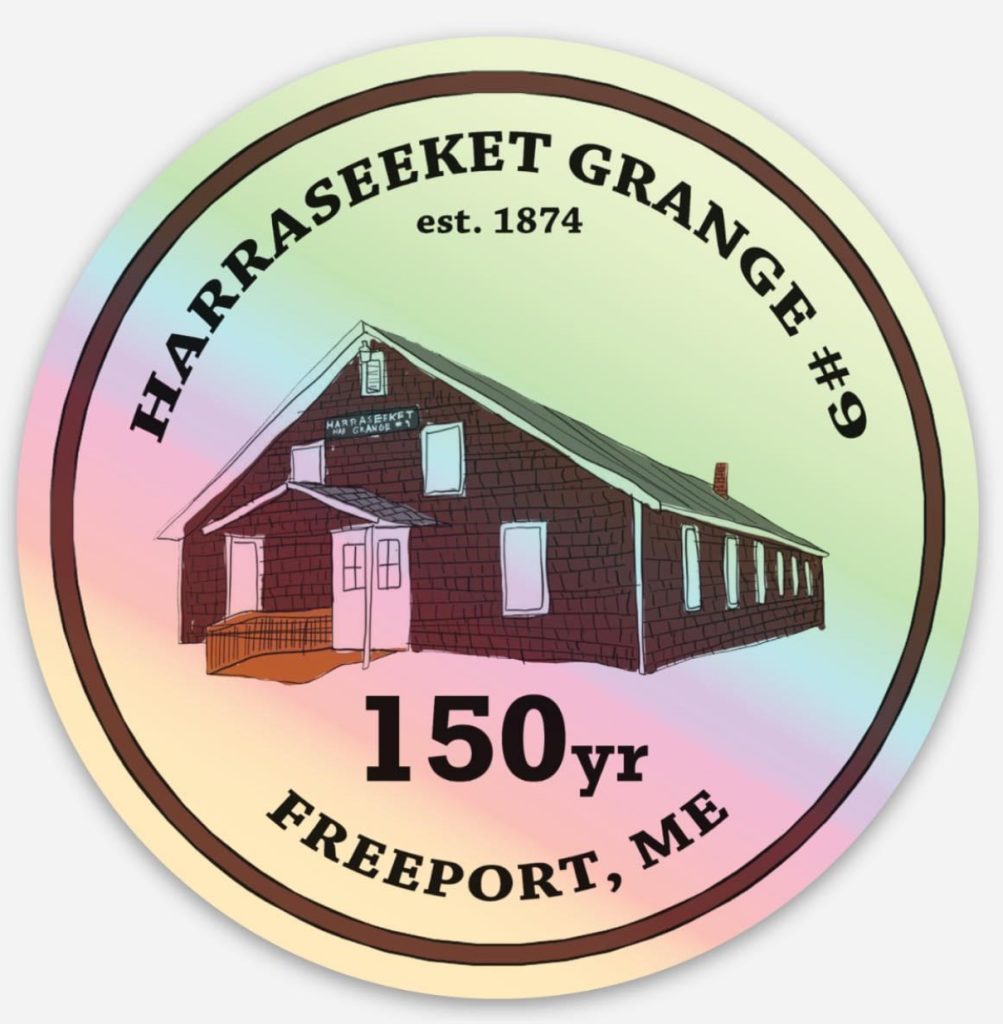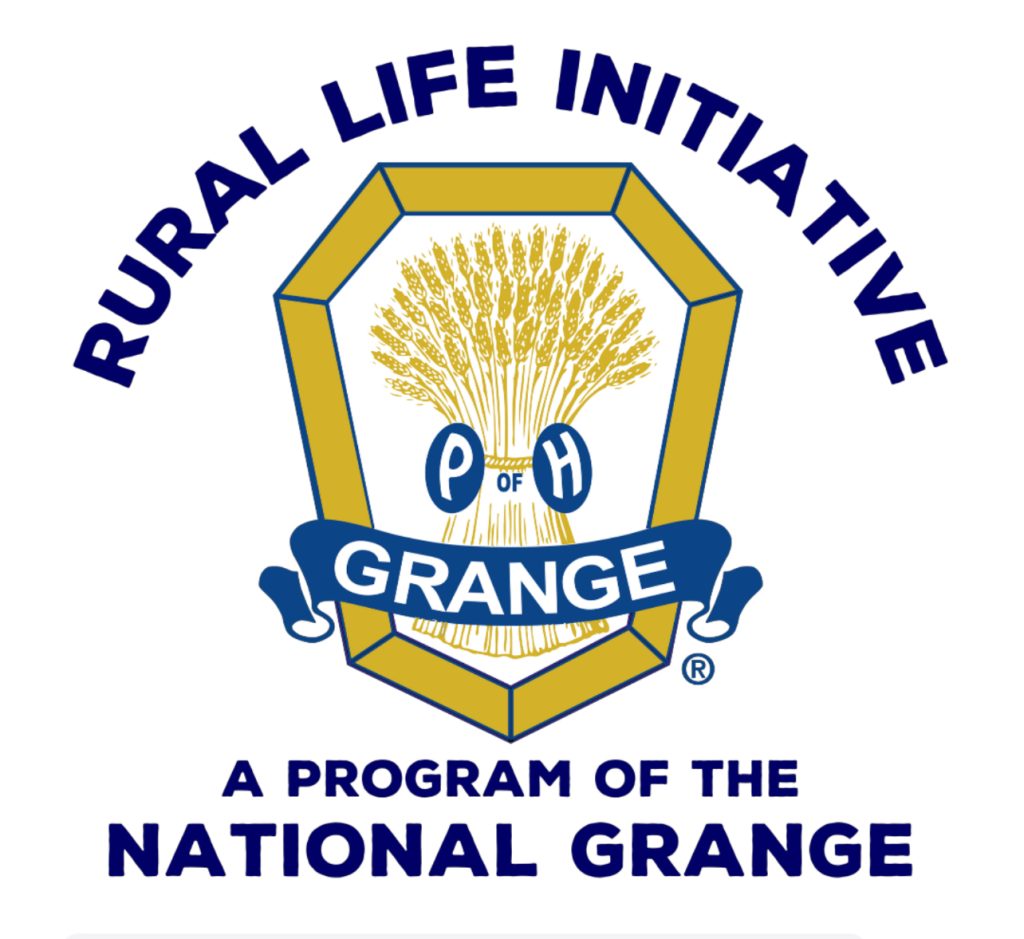
What is the Grange?
The Grange, officially known as The National Grange of the Order of Patrons of Husbandry, is the oldest national agricultural and community organization in the United States(!). It was founded in 1867 after the Civil War to support farmers and rural communities, and to strengthen democracy through cooperation, education, and advocacy.
Now, there are around 1,400 Granges nationally(!)
The Grange promotes:
– Community service (support neighbors and local needs).
– Civic engagement (a nonpartisan voice for fair policies). The Grange supports and works on policies, but never endorses a politician or political party.
– Education (providing opportunities for lifelong learning and skill development).
– Fellowship (building strong non-denominational relationships and traditions across generations).
What has the Grange accomplished nationally that affects me?
The Grange’s proud history of accomplishments include:
– Advocating for rural free mail delivery so rural residents could receive mail at home.
– Helping popularize cooperatives—farmer-owned stores, grain elevators, and insurance programs that gave communities fairer access to markets and supplies.
– Championing the rights of women—the Grange gave women full membership, leadership, and voting rights upon founding, decades before women gained the right to vote nationally.
– Being a strong voice for public education, transportation fairness, and healthy rural economies.
Is the Grange a secret society?
No! The Grange is an open, welcoming organization. Meetings are open to members, and our work focuses on community service, education, and fellowship. That said – there are some rituals and traditions that may seem strange today, and the Grange did historically use passwords and handshakes! Why? Well, many organizations founded in the 1800s developed rituals to help create a sense of community and belonging. And as for the passwords and handshakes – in the 1860s railroads and other business interests sometimes sent spies to Grange meetings to learn about organizing efforts! Passwords and handshakes helped ensure only true members were admitted, protecting discussions about fair pricing, freight rates, and farmer-led cooperatives!
Today, the passwords are more of a nod to tradition than a serious requirement—but they remain a fascinating reminder of the Grange’s role in standing up for farmers and rural communities.
What is “Project Sustenance”?
Project Sustenance is one of the National Grange’s current initiatives focused on food security and community resilience. It encourages local Granges to support local farms, host community meals and food drives, teach gardening and nutrition skills, and partner with schools and organizations to reduce food insecurity.
Who can join?
Membership is open to everyone, not just farmers! The Grange welcomes individuals and families of all ages and backgrounds who want to strengthen their community.
Membership is a simple process – ask a member. Applications are available!

